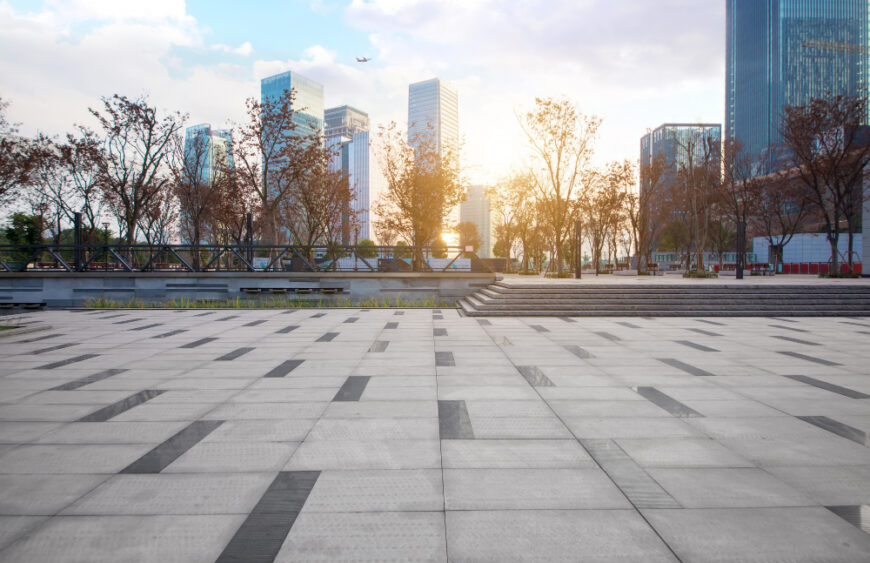
Photokrete, a Knowledge-Based Company of the CFM-MPC, the Spanish National Research Council (CSIC), the Public University of Navarre (UPNA), and the University of the Basque Country (EHU), has developed a photonic mortar with radiative properties — a cement-based technology capable of passively reflecting and radiating solar heat. This development could be used in pavements, rooftops, and façades to reduce energy consumption in cities.
This cement is based on the use of principles of optics and materials physics that optimize the reflection of solar radiation in order to reduce heat accumulation in urban environments. Specifically, it can effectively reflect solar radiation, radiate the accumulated heat back into space, and thus mitigate the urban heat island effect. Its impact on energy savings for cooling is enormous, and it is ready to be industrialized, with a production process compatible with that of the cement industry and a competitive market price.
“This technology is designed for use in highly populated areas, where heat accumulates and sun exposure is greater. Specifically, it is capable of reducing urban temperatures by up to 12°C during a heatwave, which improves thermal comfort and reduces energy consumption,” says María Saiz, CEO of PhotoKrete.
This innovation has been verified within the framework of the Horizon 2020 MIRACLE European project by Jorge Sánchez Dolado (CFM-CSIC) and Miguel Beruete (UPNA), and validated in the following real environments: the rooftop of the Materials Physics Center (CSIC–UPV/EHU) in San Sebastián; the Tabernas Desert (Almería) under extreme conditions; and Tecnalia’s KUBIK demonstrator building (Derio, Bizkaia).
In all cases, the material reduced surface temperatures by up to 30-40°C compared to conventional concrete, improving thermal comfort, reducing the use of air conditioning, and mitigating urban heat.
PhotoKrete was created from knowledge generated at leading institutions in materials physics, photonics, and sustainability, and is a prominent example of deep tech arising from the public R&D system to transform the construction sector — especially in the current urban and climate context. In recognition of this innovation, PhotoKrete has been awarded the Construction Tech Startup Forum prize at REBUILD 2025 for offering a photonic, passive, and scalable solution to combat the heat island effect and climate change.
.png)
